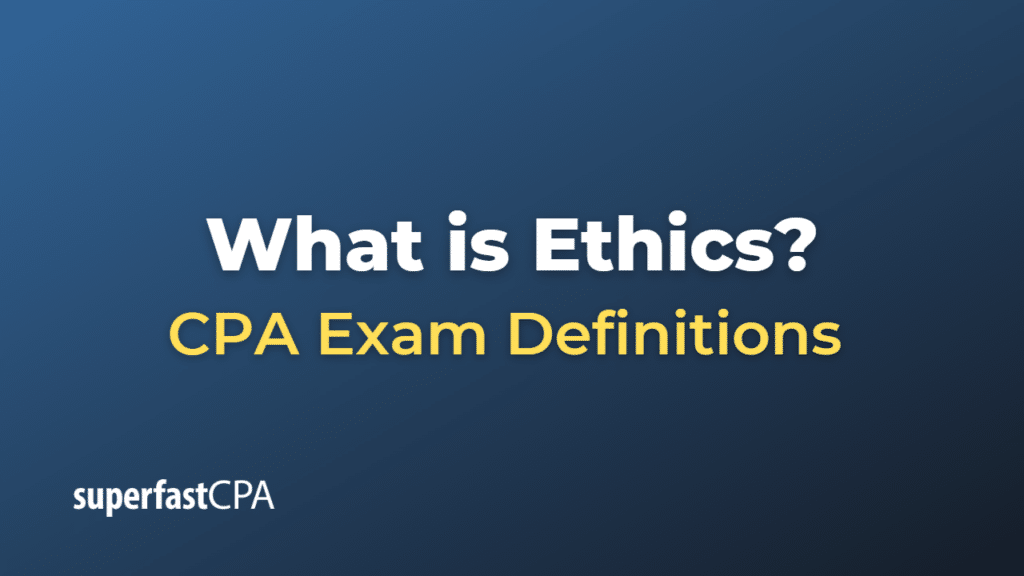Ethics
Ethics, also known as moral philosophy, is a branch of philosophy that involves systematizing, defending, and recommending concepts of right and wrong conduct. It addresses questions about morality, such as what the fundamental moral principles are for living a good life, what our rights and responsibilities are, what is considered virtuous, what constitutes justice, and how we should treat each other.
Ethics can be divided into three primary areas:
- Normative Ethics: This branch is concerned with the content of moral judgments and the criteria for what is right or wrong. It involves creating or evaluating moral standards. Thus, it is an attempt to figure out what people should do or whether their current moral behavior is reasonable.
- Meta-Ethics: This area focuses on what morality itself is. It explores the origin and meaning of ethical principles, whether they are objective or subjective, and what is meant when we talk about ethical terms such as “good”, “bad”, “right”, and “wrong”.
- Applied Ethics: This branch deals with controversial topics, such as war, animal rights, or medical ethics. It uses the theoretical principles of normative ethics to assess specific issues and provide guidance for action.
Ethics has applications in many areas of life, including personal relationships, social interactions, politics, business, and professions. It can guide individual conduct, establish social norms, and influence laws and regulations.
Example of Ethics
Let’s take a look at an example from the field of business ethics.
Imagine a scenario in which you are a project manager at a software development company. Your team is working on a contract to deliver a new software product for a client. The client is eager to get the product as soon as possible. Your team hits a snag and you realize that there’s no way the product will be ready by the originally agreed date.
You’re now facing an ethical decision.
One option is to inform the client about the delay, even though this might upset them and potentially lead to financial penalties for your company. The ethical principle behind this decision could be honesty, respecting the right of the client to have accurate information.
The other option could be to try and speed up the development process, potentially by cutting corners on testing or other quality checks. This might meet the deadline, but it could also lead to a lower-quality product or more issues in the future. This decision might be justified by an ethical principle of fulfilling your obligations, but it could also be criticized from an ethical standpoint as it could be considered deceptive and disrespectful to the client’s interests.
These kinds of ethical dilemmas often arise in professional settings, and individuals and companies can benefit from having a well-thought-out set of ethical principles to guide their decision-making. This example illustrates applied ethics, where principles of normative ethics (in this case, principles like honesty and respect for others’ rights) are used to analyze specific, real-world ethical problems.













